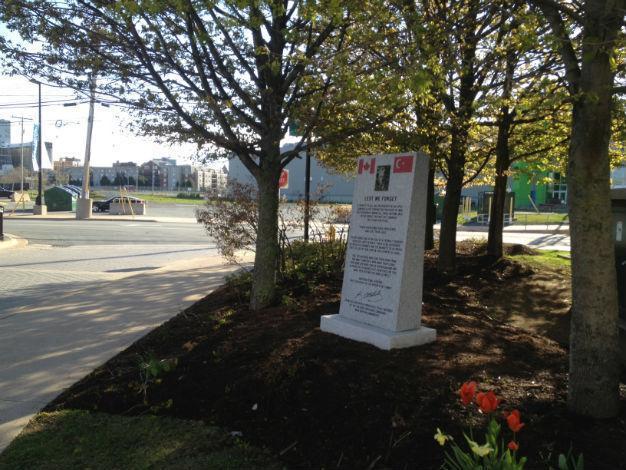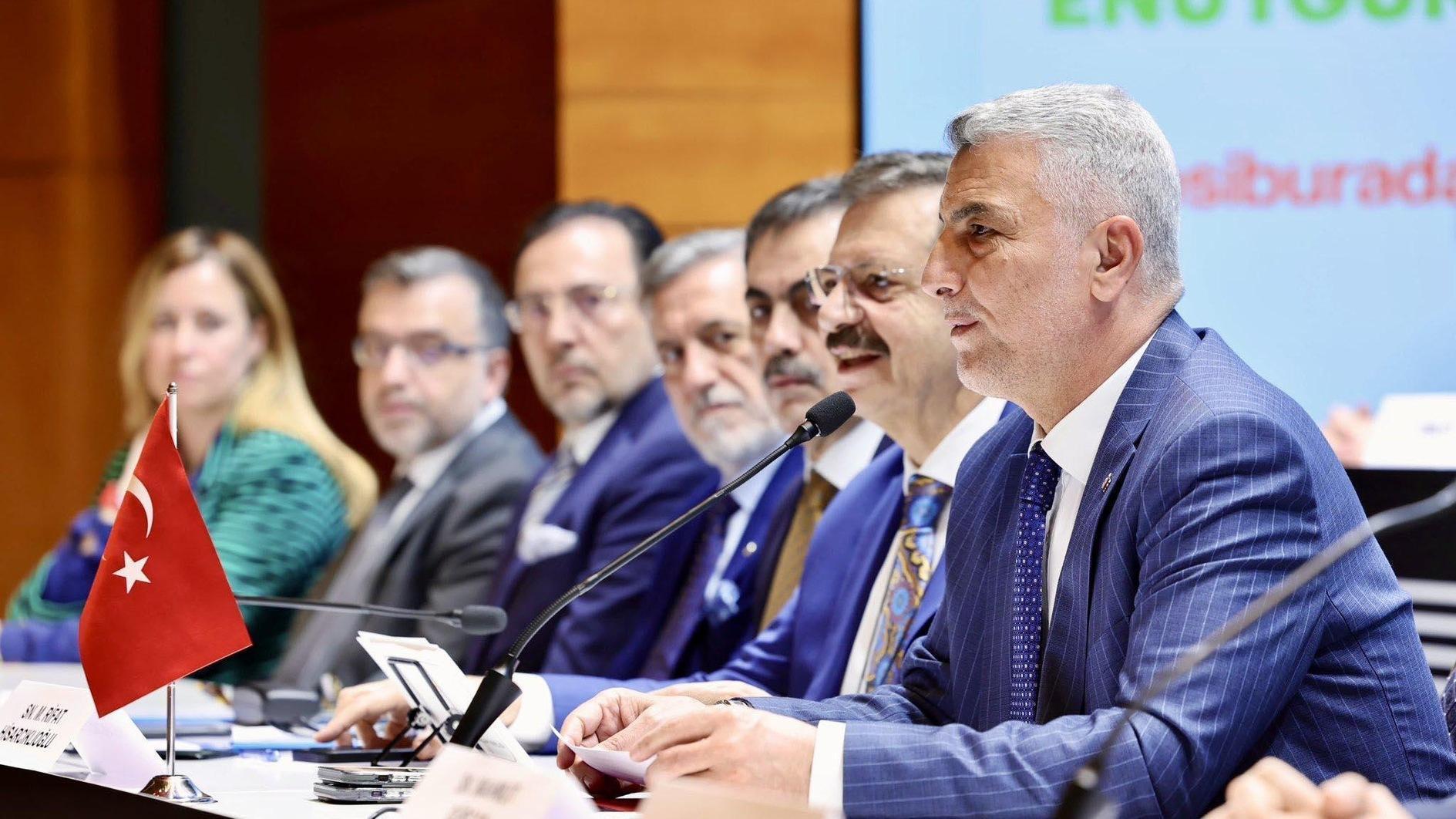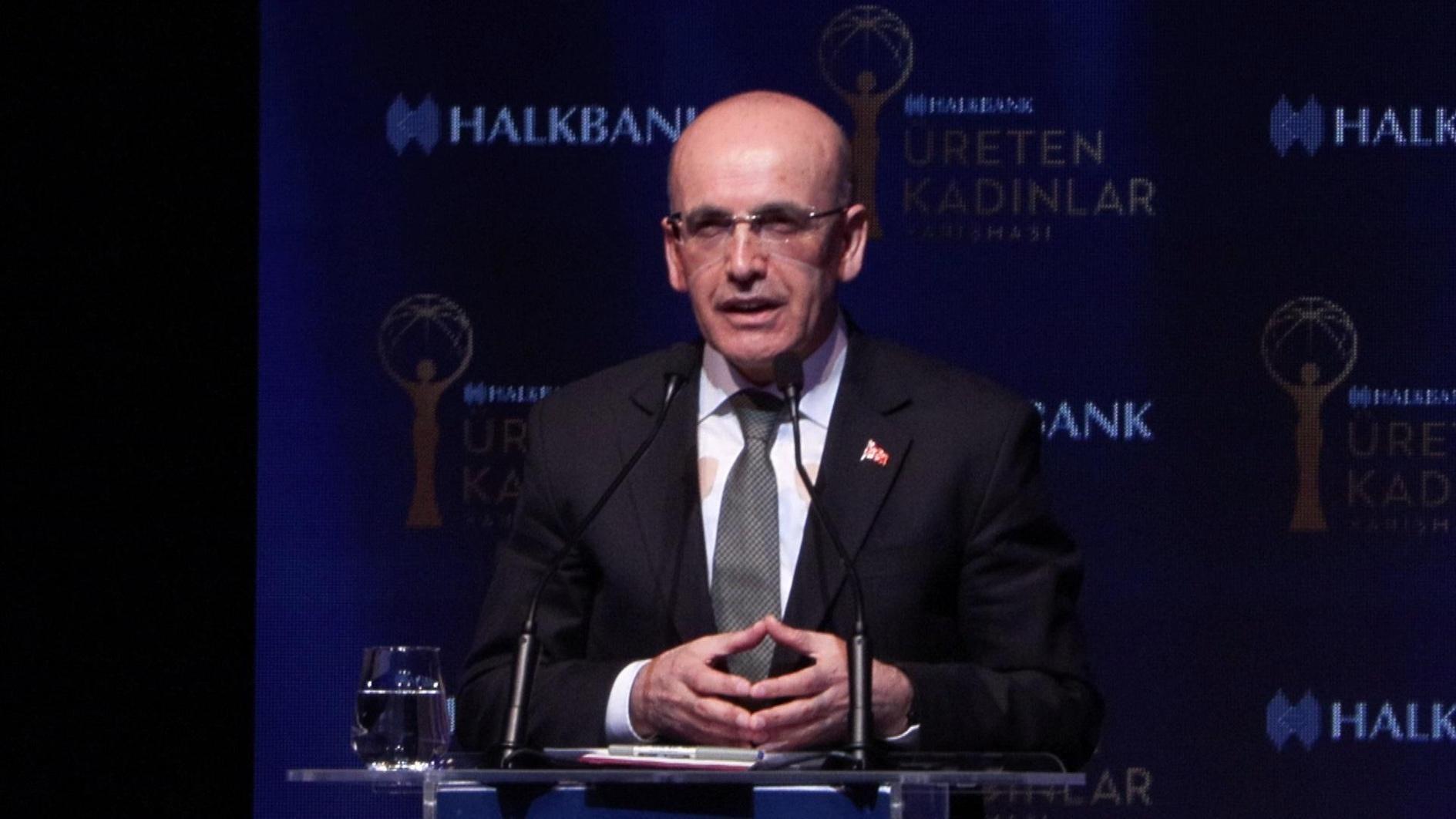Gallipoli Memorial built in Canada
HALIFAX – Anadolu Agency

AA photo
A war memorial honoring fallen Turkish and Canadian soldiers who fought against each other in the Battle of Çanakkale, known as Gallipoli in the West, during World War I, has opened in Canada.The memorial in Halifax, the capital of Nova Scotia province, was formally inaugurated at a ceremony on May 21.
The battle, in which the Ottoman Empire resisted the Allied Forces, took place over a number of months in 1915 in the Dardanelles Strait in Turkey’s northwestern Çanakkale province.
“Our joint history did not divide us. Quite the contrary, it united us. There is no other such example in history,” said Turkish Ambassador to Canada Selçuk Ünal, speaking at the opening ceremony.
Geoff Regan, member of parliament from Halifax West and current speaker of Canada’s House of Commons, said Turkey and Canada developed friendly relations after having fought against each other during World War I.
“The memories of the past are uniting the two nations. Today, Turkey and Canada are two important NATO allies,” Regan added.
Weighing two tons, and measuring 165 x 65 x 50 centimeters, the memorial has been erected in the garden of Canadian Museum of Immigration on the initiative of the Turkish community in Halifax.
Decorated with Turkish and Canadian flags, the monument bears inscriptions telling the story of the joint history of Turkish and Canadian troops, as well as carrying the words of Turkey’s founder, Mustafa Kemal Atatürk, for the mothers of Australian and New Zealander troops.
The opening ceremony was attended by Turkish Honorary Consul General to Halifax Ali Vehbi Cinar, representatives of the Turkish community, Halifax Deputy Mayor Matt Whitman, Nova Scotia Minister of Immigration Metlege Diab, Nova Scotia Minister of Communities, Culture and Heritage Tony Ince and Halifax Port Authority Vice President of Real Estate Krista Dempsey.
















